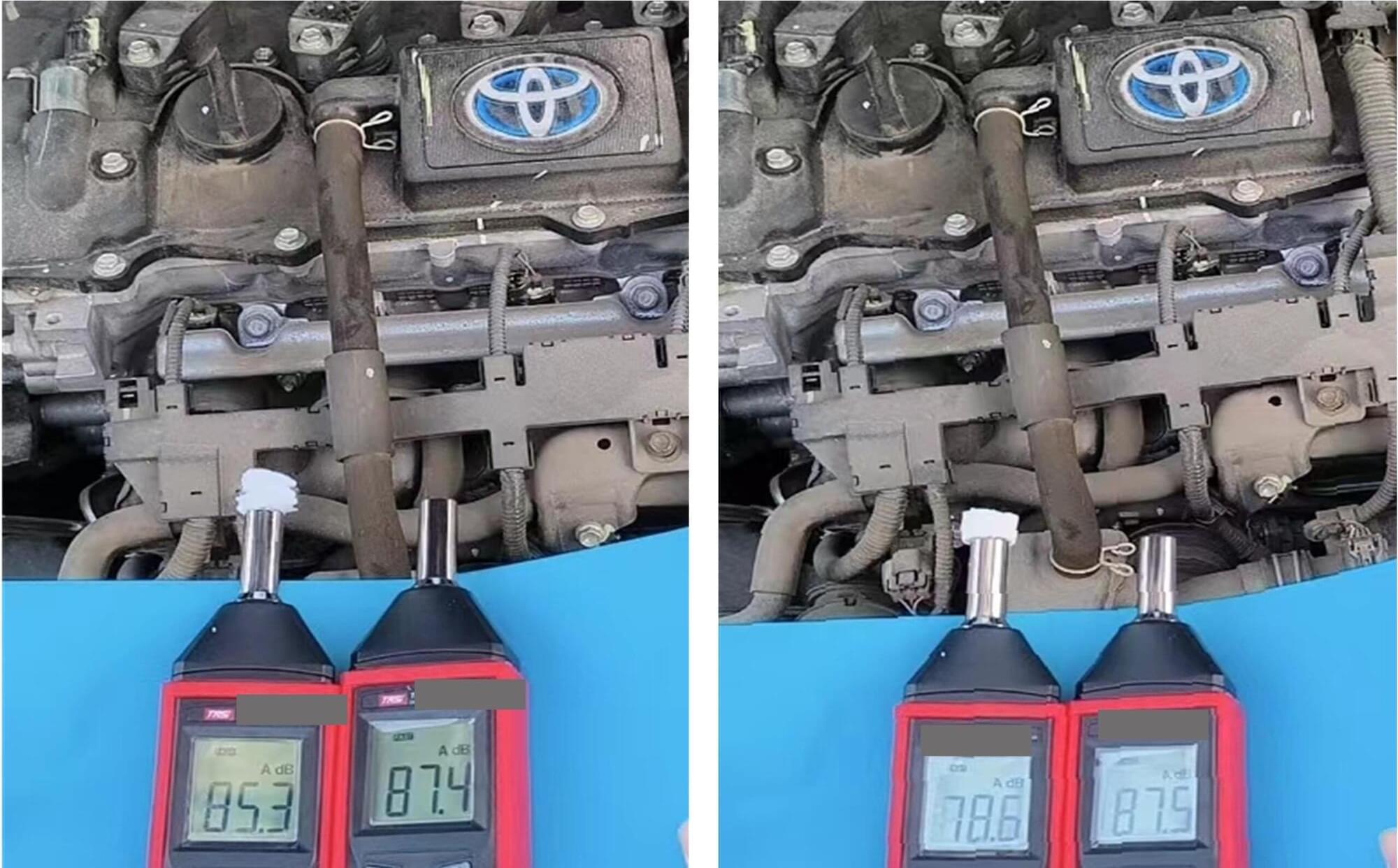Support us! https://www.patreon.com/mlstProfessor Murray Shanahan is a renowned researcher on sophisticated cognition and its implications for artificial int…
Category: futurism – Page 119




Super Intelligence Speculation — Computerphile
Looking to the future, just how intelligent might the current crop of Large Language Models get? Daniel Kokotajlo joins us to discuss Ai2027.
Find out more about the AI2027 paper here: http://bit.ly/4k4dIOA
Computerphile is supported by Jane Street. Learn more about them (and exciting career opportunities) at: https://jane-st.co/computerphile.
This video was filmed and edited by Sean Riley.
Computerphile is a sister project to Brady Haran’s Numberphile. More at https://www.bradyharanblog.com



